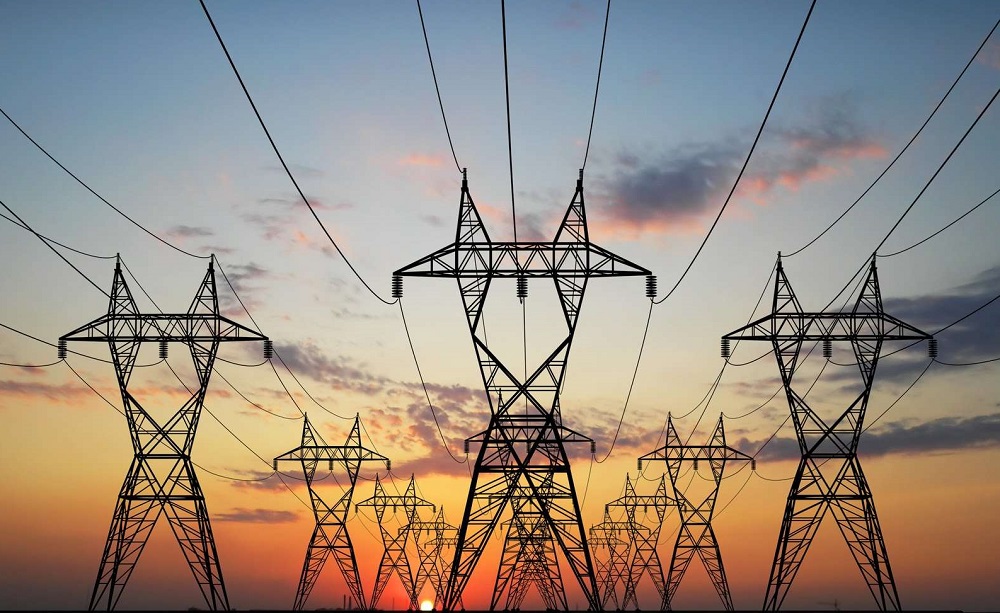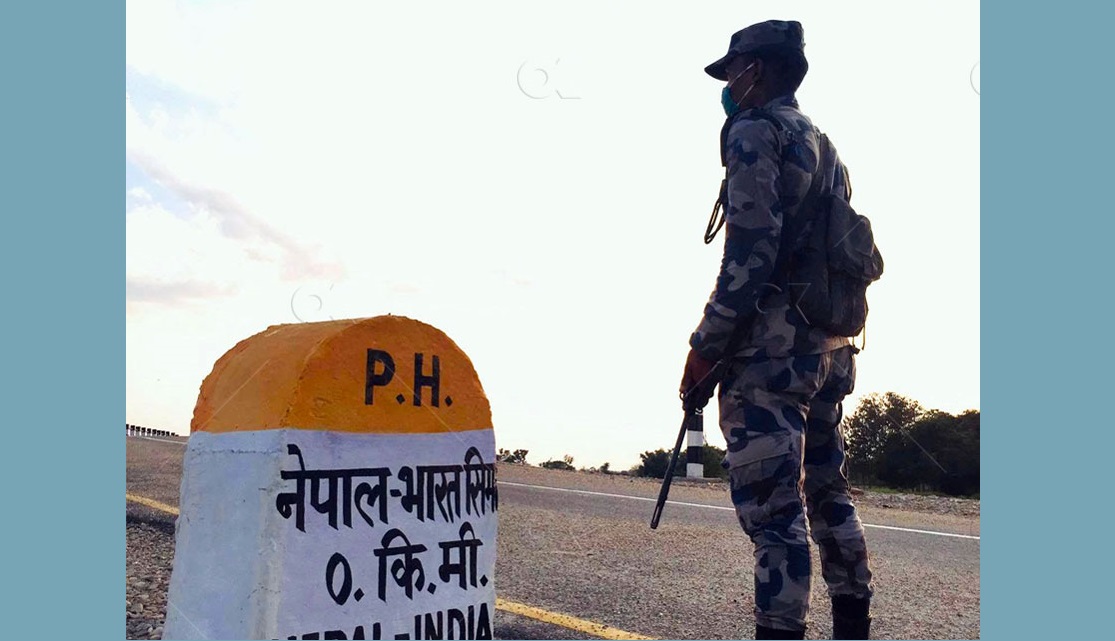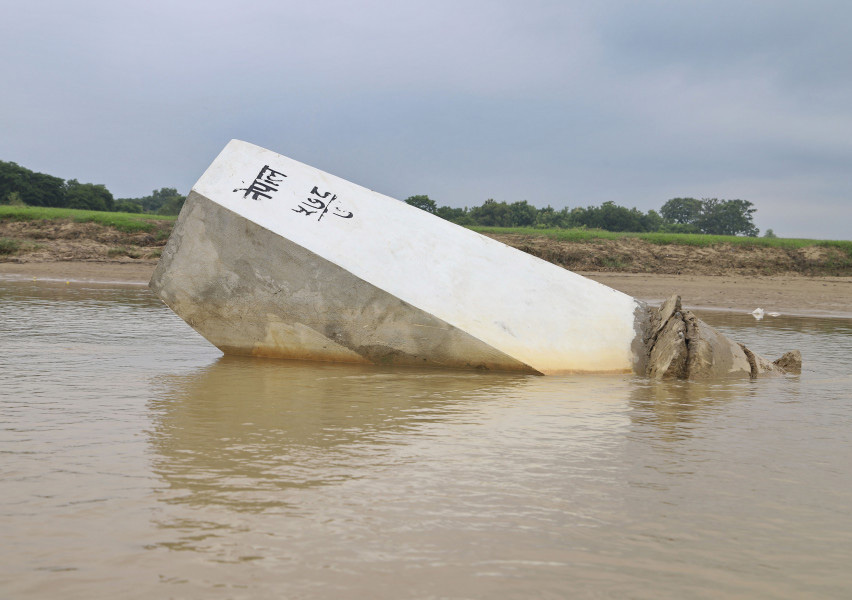An official of the Electricity Authority has said that India does not want to involve Nepal in the construction of two new international transmission lines.
As Nepal has proposed to construct 400 kV Inaruwa (Duhabi-Purnia, Bihar) and 400 kV New Lamki (Dodhara-Bareli, Uttar Pradesh) cross-border lines through joint investment between the two countries, Indian side has proposed to construct the Indian section by India itself and Nepal’s section by Nepal itself. The head of the Broadcasting Directorate of the Electricity Authority, Dirghayu kumar Shrestha said.
In the 11th meeting of the Joint Secretary-level Joint Working Group (JWG) and Joint Secretary-level Steering Committee (JSC), the discussions held by both sides ended without any concrete conclusion. It has been agreed between the two countries to complete the construction of Duhavi-Purnia by 2027-2028 and Dodhara-Bareli power lines by 2028-2029.
Authority officials said that it was not immediately clear why the Indian side did not want to jointly build the project.
400 KV Butwal-Gorakhpur transmission line has been established in collaboration with the Authority and the Indian Power Grid Corporation of India to construct the Indian section.
Prime Minister Pushpa Kamal Dahal and his Indian counterpart Narendra Modi laid the foundation stone of the 400 KV inter-country power line during their visit to Delhi.
The two countries have agreed to build a 120-km power line by March 2025, but authority officials say it will be challenging to complete the task within the deadline. The Nepal section of this line, which is about 20 kilometers long, will be invested by Millennium Challenge Corporation (MCC) Nepal Compact.
Nepal also proposed the same modality for the construction of two other transmission lines.
After the Indian side rejected the proposal, Nepal informed the Indian side that it will not unilaterally book the capacity of this transmission line for 25 years as in the case of Butwal-Gorakhpur transmission line.
Capacity booking forces Nepal to pay the minimum fee even if there is no power flow on the transmission line. “We proposed to the Indian side to pay the wheeling charge based on the power flow only if they do not adopt the Butwal-Gorakhpur power line modality,” said Shrestha.
Nepal had agreed to book capacity on the Butwal-Gorakhpur transmission line as it needed this cross-border line to sell more electricity to its southern neighbour.
“Despite bearing certain financial burden due to capacity booking, in the case of Butwal-Gorakhpur transmission line, the profit of the joint venture will also be shared with the Authority as a partner”, said Shrestha.


 NP
NP

